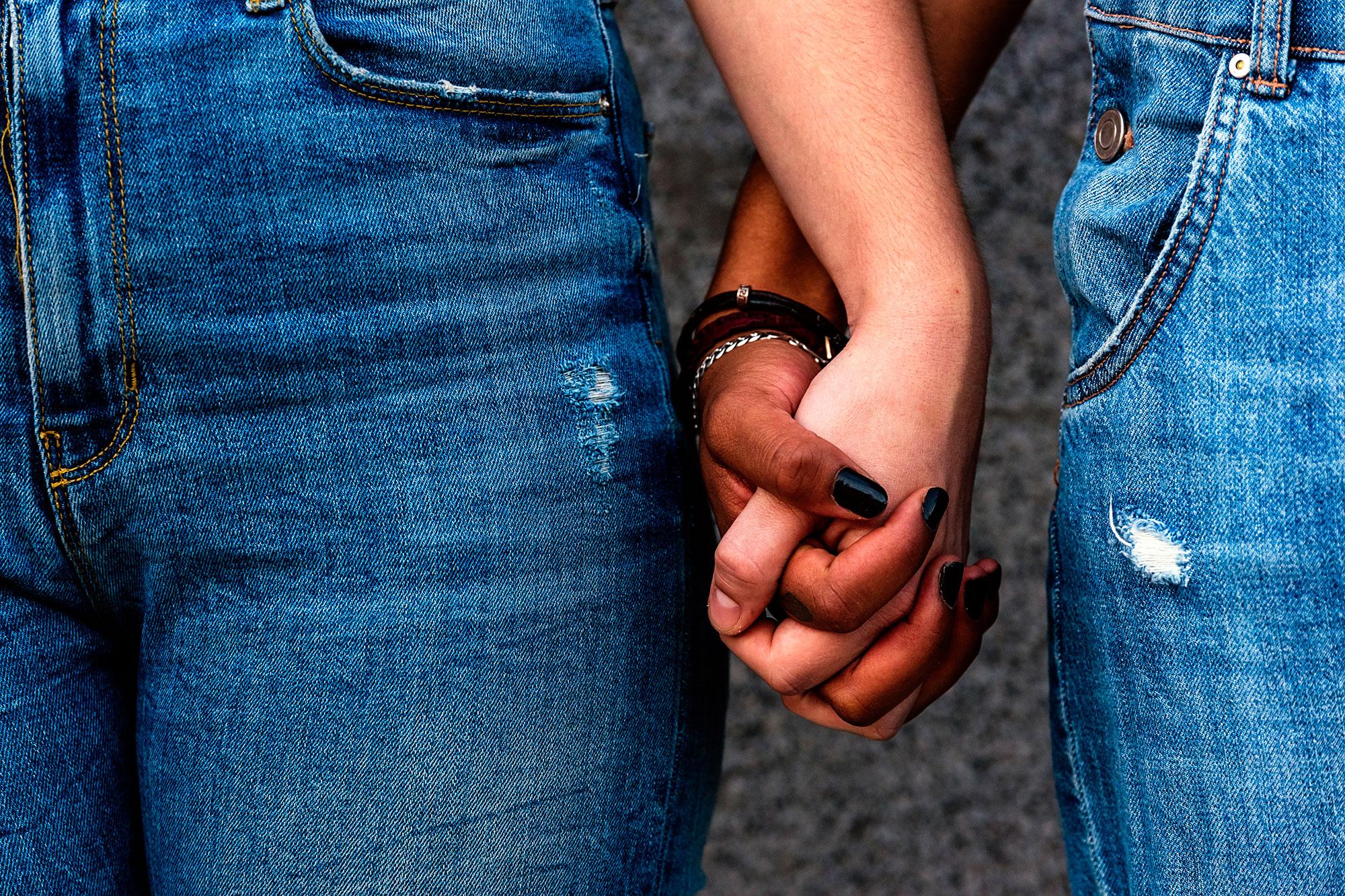Heterosexual norms impact same-gender couples

Society stigmatises same-gender couples. Individuals who internalise this stigma are more critical of their partners when under stress, according to a study funded by the Swiss National Science Foundation.
Couples handle stressful episodes better when partners support and listen to each other. Same-gender couples are no exception. But in contrast to other couples, same-gender couples also face the enduring stigma of non-acceptance in society. In times of stress, this can lead partners to be more critical of the social support they receive, as shown by Nathalie Meuwly, a psychologist at the University of Fribourg and first author of a report published in the journal Couple and Family Psychology: Research and Practice (*). The work was funded by the Swiss National Science Foundation (SNSF).
Meuwly is interested in how LGBTQ+ individuals view their own sexual identity. This view may be negative owing to the discrimination they encounter because of their sexual identity. Such individuals consequently internalise heterosexism. In other words, they suffer from heterosexual norms. Meuwly investigated how internalised heterosexism affects supportive processes between couples.
Stress reinforces stigma
“Stressful situations appear to bring out the stigma attached to sexual identity. The resulting unease makes it more difficult to manage demands”, says Meuwly. “But we cannot say at this point whether the partner really is less supportive, or whether the support is simply less well perceived by the person under stress.”
Her study showed that under normal, non-stressful conditions, relationship satisfaction and perceived social support were unrelated to partners’ views of their sexual identity. In contrast, the findings revealed that when stress is present – for example related to work or health – individuals with a greater degree of internalised heterosexism judged the social support provided by their partner more negatively.
These results still need to be validated by further study with a larger sample size. Nonetheless, these initial insights provide a better understanding of the causes and consequences of internalised heterosexism in same-gender couples. “Although society is more open to people who do not fit the norm, such as LGBTQ+ individuals and ethnic minorities, psychologists as well as society should be more aware of the effects of stigmatisation”, says Meuwly.
Research instruments aimed at understanding same-gender couple relationships
For this study, 68 same-gender couples (26 male couples and 42 female couples) were recruited via websites, emails, associations and a magazine advertisement. Partners were required to live in Switzerland, be at least 20 years old and have been in a relationship for more than 6 months.
The researchers analysed the couples’ relationships using a variety of instruments, including questionnaires, daily measurements over a period of 2 weeks and by observing interactions between the couples.
To estimate their degree of internalised heterosexism, partners answered nine questions at the start of the study – for example rating themselves on a scale of 1 (“strongly disagree”) to 6 (“strongly agree”) in response to the statement, “I often wonder whether others judge me by my sexual orientation”.
Data were collected between 2015 and 2017.
(*) Meuwly, N., Davila, J.: Associations between internalized heterosexism and perceived and observed support in same-gender couples. Couple and Family Psychology: Research and Practice (2021).
DOI: http://dx.doi.org/10.1037/cfp0000199
Article available upon request.
Ambizione: supporting independent research
This project was supported by the Ambizione funding scheme. These grants are aimed at young researchers who wish to conduct, manage and lead an independent project at a Swiss higher education institution.